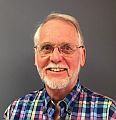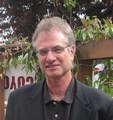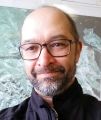VANCOUVER ISLAND SYMPOSIA SERIES ON WATER STEWARDSHIP IN A CHANGING CLIMATE: “The Symposia Series is a building blocks process. Each event builds on the last and points the way to the next,” states Paul Chapman, Series Chair

The rhythms of water have changed faster than climate scientists had anticipated: winters are warmer and wetter; summers are longer and drier. “The symposium format provides a neutral forum for local elected representatives, local government staff, stewardship groups and others to ‘convene for action’ to improve where we live,” stated Paul Chapman. “The Symposia programs are built around success stories – inspirational in nature, local in scale, and precedent-setting in scope and outcome. In short, these precedents can be replicated and/or adapted in other communities.”









